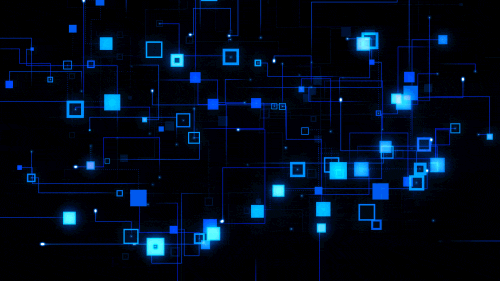|
All general-purpose computers require the following hardware components:
- Memory:enables a computer to store, at least temporarily, data and programs.
- Mass Stroage device:allows a computer to permanently retain large amounts of data. Common mass storage devices include solid state drives (SSDs) or disk drives and tape drives.
- Input Device:usually a keyboard and mouse, the input device is the conduit through which data and instructions enter a computer.
- Output Device:a display screen, printer, or other device that lets you see what the computer has accomplished.
- Central Processing Unit: (CPU)the heart of the computer, this is the component that actually executes instructions.
In addition to these components, many others make it possible for the basic components to work together efficiently.
For example, every computer requires a bus that transmits data from one part of
the computer to another.
Computer Classification: By Size and Power
Most people associate a personal computer (PC) with the phrase computer.
A PC is a small and relatively inexpensive computer designed for an individual use.
PCs are based on the microprocessor technology that enables manufacturers to put an entire CPU on one chip.
Personal computers at home can be used for a number of
different applications including games, word processing, accounting and other tasks
Computers are generally classified by size and power as follows, although there is considerable overlap.
The differences between computer classifications generally get smaller as technology advances, creating
smaller and more powerful and cost-friendly components.
 Recommended Reading:
Webopedia's Computer Architecture Study Guide is an introduction to computer system basics.
Recommended Reading:
Webopedia's Computer Architecture Study Guide is an introduction to computer system basics.
|

|



